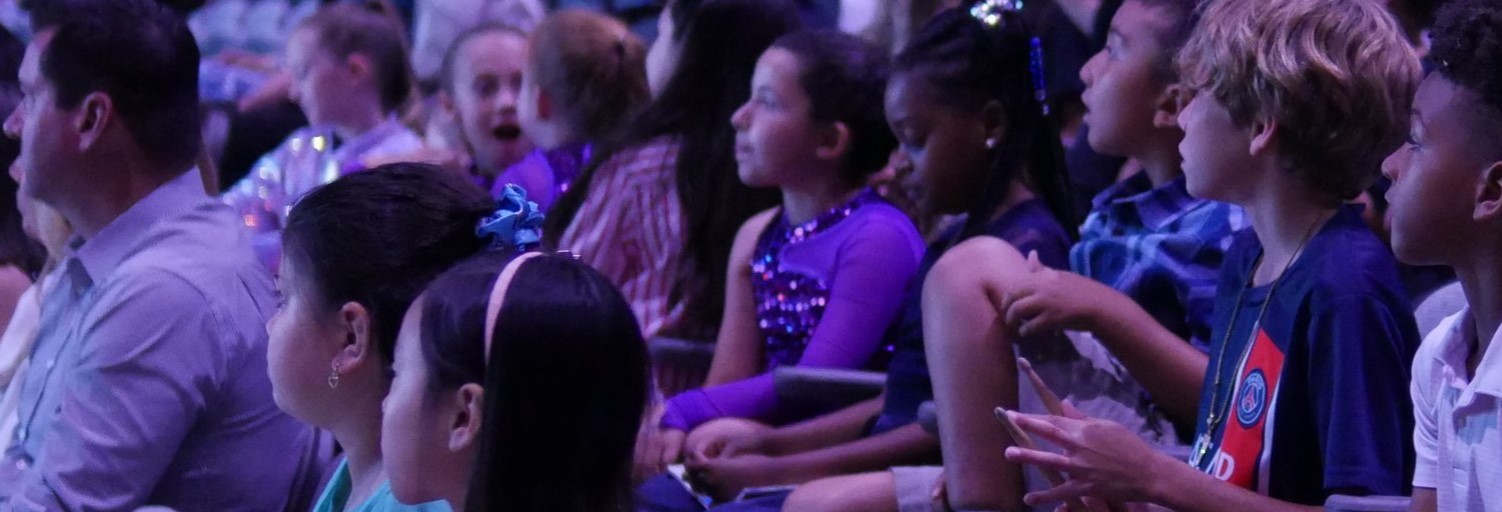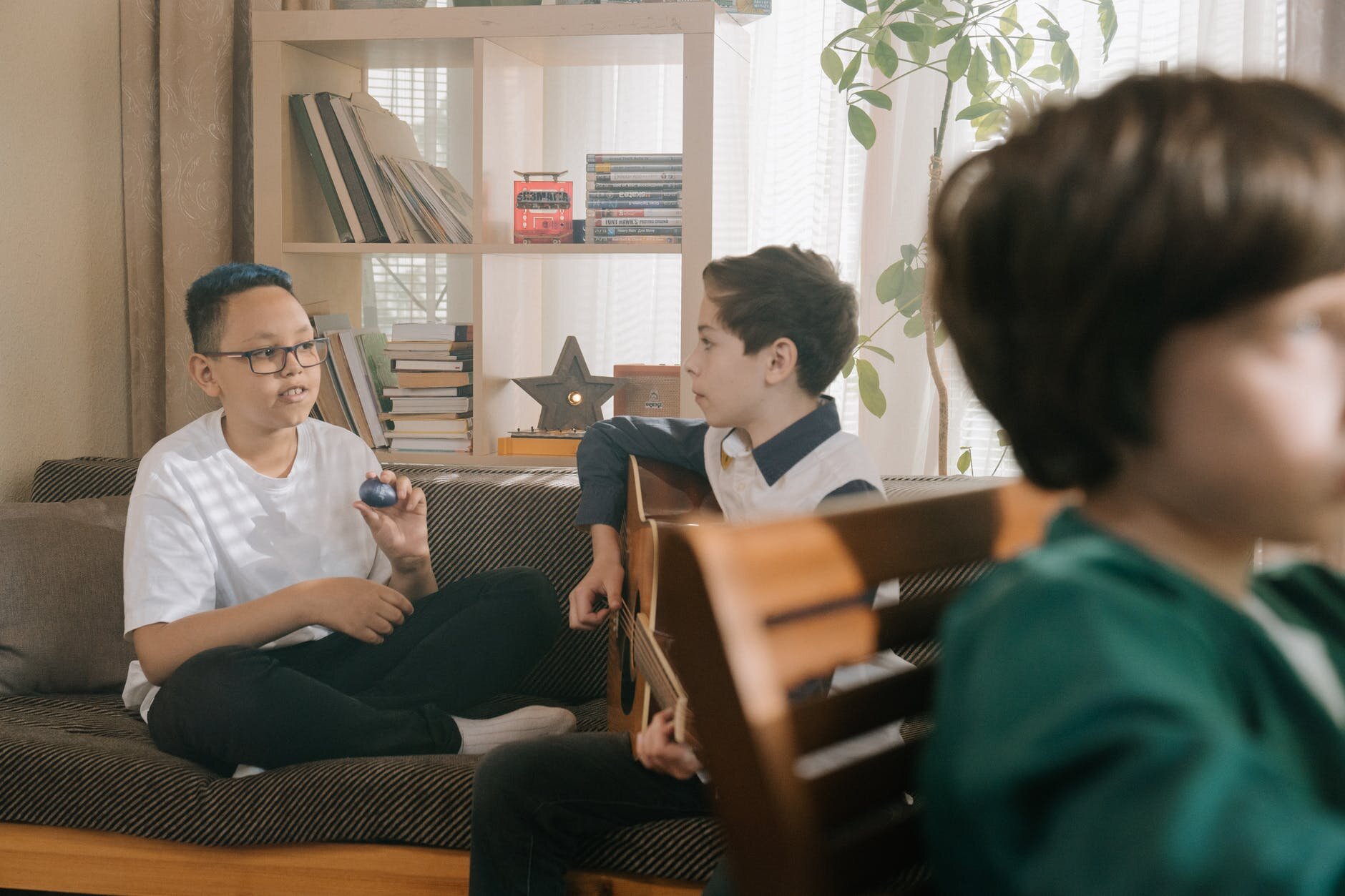Services
Discover how our programs can inspire creativity, build confidence, and help your child shine through music.

Music Therapy
The American Music Therapy Association defines music therapy as the clinical and evidence-based use of music interventions to accomplish individualized goals within a therapeutic relationship by a credentialed professional who has completed an approved music therapy program.
BTune Academy Program
We proudly serve children through Florida's Step-Up programs, making music education accessible to all.
This program allows us to get to know each student and establish a baseline of their skill sets. Our staff members support individuals as they learn to live with greater independence, and use observation, data collection, and assessment to monitor their progress. During this time, we are able to identify strengths and opportunities for growth, helping to chart their path forward. Whether your child is a beginner in music or one who wishes to advance their current knowledge, our methods will help you reach your goals. A special emphasis is made on achieving proper technique, interpretation, individual creativity, and confidence as a musician.
At Bright Tune Academy, we believe that every child deserves the opportunity to grow through music, regardless of their family's financial situation or learning needs. That’s why we proudly accept state-approved scholarship programs that support children’s education and therapy.
🤝 How It Works
We currently accept scholarships from programs such as:
- Step Up For Students (Family Empowerment Scholarship – Unique Abilities)
- Gardiner Scholarship (legacy support if applicable)
- Other Florida-based assistance for children with special needs or low-income families
These scholarships cover the cost of weekly music sessions, which can take place in person or online.
🎶 Who Can Benefit?
- Children with autism, ADHD, speech or motor delays
- Children with physical disabilities or emotional challenges
- Students who thrive through creative, one-on-one approaches
Private Lessons
Studies have shown that music therapy used with children and even teens who have autism can improve social behaviors, increase focus and attention, increase communication attempts, reduce anxiety, and improve body awareness and coordination. This academy offers remote and in-person lessons by expert faculty for anyone who wants to explore, refine, or refuel their creative side. In a band, all the instruments must interact with one another, but the player needs to interact with the instrument first. Children who have autism have trouble interacting with others, but when introduced to an instrument for therapy, they make the bond with the instrument that allows for them to open up to others through music.All sessions are lead by Board-Certified Music Therapists. You can inspire the littlest musician in your family who’s always singing and making music in their own way with the “My First Music Lesson experience”, very loved by parents! After learning why music plays such an important role in your child’s development, replace the wooden spoon and start banging on the drums or strumming on those six strings! Below is our best recommendations on which instruments your child could start playing with. These instruments were carefully picked due to the factors of bright colors, light weight, creating the proper motor skills, and something that you as parents would like to play along side with your child!
Dr. Kenneth Aigen, music therapist, investigator and NYU teacher
“Music therapy bridges the gap between sound and silence, offering children with autism<>/ a voice when words fail. Through rhythm, melody, and connection, music becomes a safe space for expression, regulation, and joy.”
Why Music Therapy?
“Music can name the unnameable and communicate the unknowable.”

Music therapy can improve the quality of life for people with autism and offer several benefits:
- Music is multi-sensory: In many music experiences, the child receives auditory, visual, and tactile input in one place. This can often be helpful, but we must keep in mind that some children are easily overwhelmed. Music is luckily flexible and adaptable to be able to fit each child’s needs.
- It is processed in the whole brain: When engaged in music activities, studies have shown that music is recognized by both the left and right hemispheres. Just listening to music activates neural networks that are responsible for emotions, creativity, and motor control.
- Provides structure: Musical elements and structure create a sense of familiarity and security. It is helpful for individuals with autism to know what is coming next. For children that are very dependent on the repetition of the same activities new music experiences and songs can be introduced slowly, but while keeping most of the expected routine.
- Can improve communication: Up to 30% of autistic children are nonverbal and many low-functioning children have difficulty with verbal commands and social awareness. Music provides an experience of self-expression that does not require words. For other children, music therapy can also help develop existing language in various ways.
- Encourages social interactions: Children with autism have been found to show more emotional expression and social engagement from music therapy sessions than from play sessions without music.
- Reduces anxiety: “A small four-week study, conducted at the University of Wisconsin La Crosse in 2006, found preliminary success in reducing anxiety in patients with autism through music therapy. After 16 short, 20-minute sessions, during which the treatment patients listened to rhythmic music, the participants who received the therapy appeared to have decreased anxiety-related behaviors.”
- Can address motor, cognitive, and social skills: Autistic children usually struggle with learning letters, numbers, or colors and improving gross or fine motor skills. A music therapist can effectively create music strategies to help develop targeted skills.